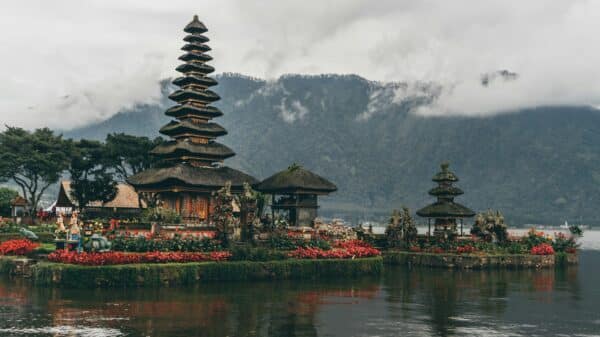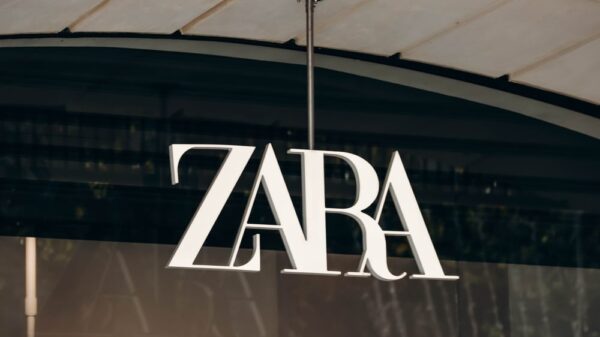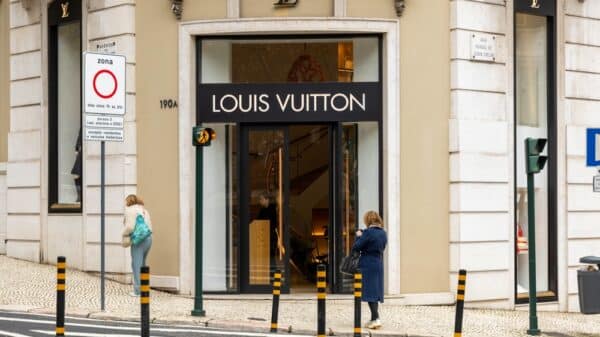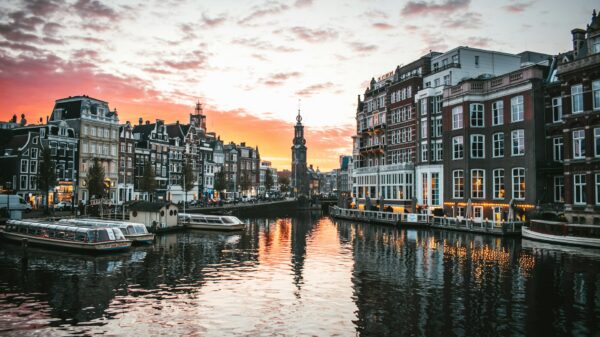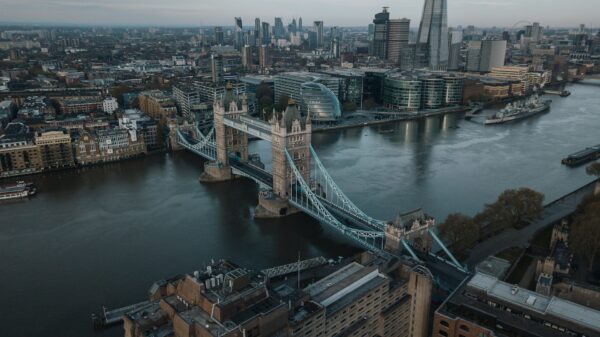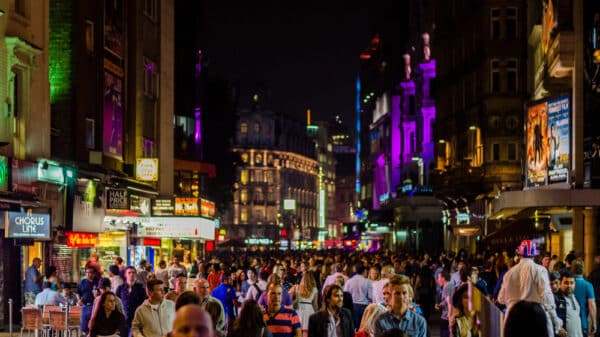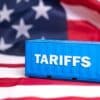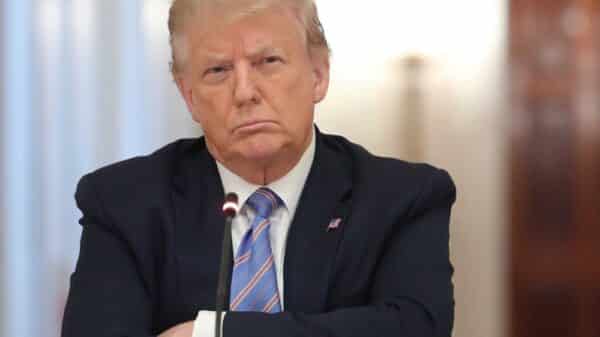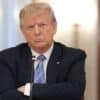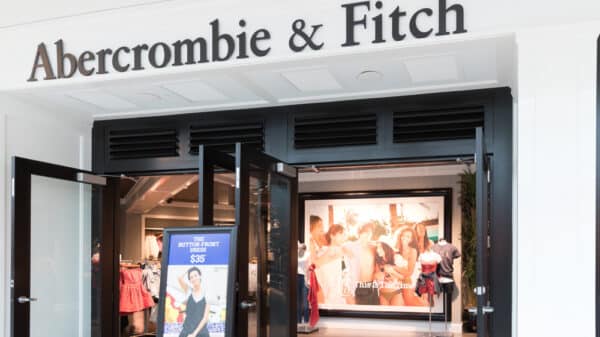Prime Minister Keir Starmer recently took a significant step in enhancing bilateral relations with India, echoing the sentiment that the two nations share “unique bonds.” This statement came during a formal signing of a trade agreement with Indian Prime Minister Narendra Modi, a moment deemed crucial for strengthening economic ties. The event took place at Starmer’s Chequers country estate, just northwest of London, and marked a joint affirmation of commitment to flourishing partnerships.
Starmer characterized this trade deal as a “landmark moment” for both countries. It’s more than just a formality; it represents a zealous effort to breathe life into an economy that has been held back by stagnant growth and soaring inflation. The prime minister emphasized, “This is not the extent or the limit of our collaboration with India,” signalling a desire for a more ambitious future. He underscored the wealth of shared history, familial connections, and cultural ties, which provides a solid foundation for a deeper, long-term partnership.
In May, Starmer and Modi announced the free trade agreement, expected to inject about £4.8 billion ($6.5 billion) annually into the UK economy. This is not just numbers; it’s potential—potential for growth, jobs, and a more vibrant trade landscape. Both nations aim to increase trade by £25.5 billion, a promising goal that could significantly uplift the British economy as well as workers’ wages.
When we look at Britain’s and India’s economic prowess—ranked sixth and fifth globally, respectively—the importance of this relationship becomes even clearer. The current trade volume stands at around £41 billion, a figure that underpins more than 600,000 jobs in both countries. The agreement is designed to minimize tariffs on various imports; for example, UK goods like cosmetics, medical devices, and whisky will face reduced tariffs when entering India. Conversely, British tariffs on Indian imports such as clothing and food products will also be cut, showcasing a reciprocal approach to foster trade and economic development.
Starmer and Modi have been actively engaging with each other, having met recently at both the G7 summit in Canada and the G20 meeting in Brazil. This ongoing dialogue signifies their commitment, with Modi also scheduled to meet King Charles III during this recent visit, marking his fourth trip to the UK since becoming India’s leader in 2014.
In a world where economic ties can significantly impact daily lives, this trade deal not only creates opportunities for businesses but also paves the way for future collaborations between two of the world’s prominent economies. As these nations look to advance together, one can only hope that the fruits of this partnership lead to shared prosperity and enriched lives for their citizens.
Image Source: Unsplash


